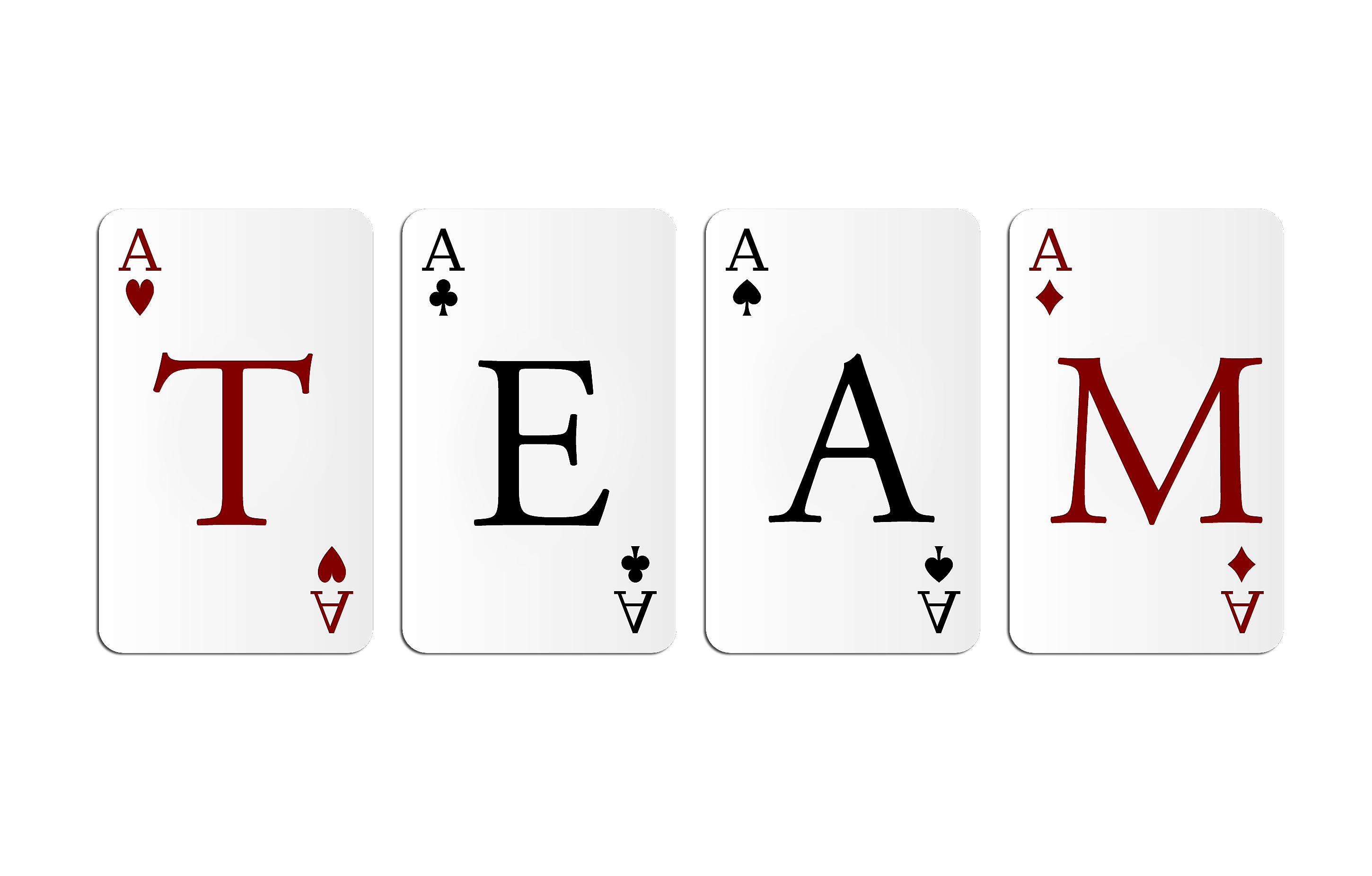Quick blink and you’re already a quarter of the way into what was planned to be your best year ever. Sadly, for many organisations, best laid plans quite often go astray and the forecast success that they were budgeting for slips further and further away with each passing day.
Is your organisation on target to reach its business goals?
Let’s have a look at one of the critical areas that may be impacting your marketing practices and getting in the way of you hitting your business growth targets for 2018.
Business Goals
For marketing departments to succeed they need to be empowered with a solid and workable outline of the organisations overarching business and growth plans.
By having a clear set of goals that are both ambitious, yet realistic and attainable they can create the targeted solutions that work seamlessly across every aspect of the marketing mix.
While this sounds simple in theory, it can be harder to attain in real life for a number of reasons. Here’s two of the more common ones:
PROBLEM #1 – UNREALISTIC BUSINESS GOALS
Too often organisations set generalist, ambiguous performance goals that are fundamentally flawed before they begin. A lack of the required resources, time and optimal market conditions can create a set of roadblocks upfront that leads to the development of a culture whereby failure is inevitable and this realisation becomes the acceptable norm.
For marketing departments to set SMART (Specific, Measurable, Attainable, Relevant and Timely) strategic plans in action, it is imperative that they have clearly defined goals is place before they start.
SOLUTION – DATA REFINED GOALS
In today’s data rich environment, organisations have access to masses of customer and industry data needed to ensure that the right business goals are set from the outset.
For start ups and newly emerging businesses, the foundation for effective goal setting can be based on realistic data gathered from SWOT analysis and market research. For organisation that have longevity and experience on their side, the practice of yearly goal setting allows for continued assessment, reflection and refinement.
Clear and articulate business goals based on trackable metrics give targeted direction to the selection of the most appropriate growth indicators for each organisation.
Armed with measurable goals such as those listed below, marketing can set about developing and refining specific plans needed to achieve these goals.
Then by taking an integrated approach they are able to take your brand story and communicate it in multiple ways to reach and engage with your identified target audiences by releasing the right message at the right time through the most appropriate marketing channels.
Examples of measurable business goals:
• % increases in sales revenue and profitability
• % increases in lead generation
• improvement in digital effectiveness through % web traffic increases & other key analytics
• % increase in the number of new customers acquisitions through a new product addition
• Marked improvement in customer satisfaction and the long-term customer value through a % increase in returning customers
• Marked improvement in brand awareness and positioning through a % growth in market share
PROBLEM #2- NOT ALL EYES ON THE SAME GOAL
It’s not uncommon, especially in larger organisations for the different personnel within the different teams and department to get mixed messages when it comes to the nature of the organisations overall business goals and success targets.
With rising competition and often diminishing marketing budgets, marketing departments can no longer operate as an island to themselves but rather it is imperative that they strengthen their relationships and partner with the other departments (sales, finance, HR) to optimise and maximise every dollar spent as the catalyst for business growth.
SOLUTION – COMMUNICATION & INTEGRATION ACROSS TEAMS
For an organisation to achieve its desired success it is critical that all employees within and external to marketing department are attuned and aligned to the big picture and the road map to get there.
 Having well defined goals not only helps employees stay focused on the final outcome, it also sets in place the strategic vocabulary required to drive effective communication among teams and departments.
Having well defined goals not only helps employees stay focused on the final outcome, it also sets in place the strategic vocabulary required to drive effective communication among teams and departments.
Through regular discussions and data sharing, teams thrive on the freedom of open and transparent communication around workflows, tracking performances, successes and loses.
Organisations that foster a collaborative work environment attract a stronger and more effective buy in towards the ultimate goal and eliminate the negative side effects of a them and us, competitive workforce.
Want to know more about aligning marketing & business goals?
At creative excellence we believe that an integrated marketing approach that is specifically aligned with your organisations/brand business growth goals will be the catalyst that drives your continued success.
If you’d like to discuss this or any other marketing/business development needs that you have then please take this opportunity to contact creative excellence today.
Author’s insights:
As an Integrated Marketing Strategist with over 20 years’ experience, roslyn whately knows what it takes for business to succeed in the face of increasing competitive forces within a rapidly changing media landscape.
